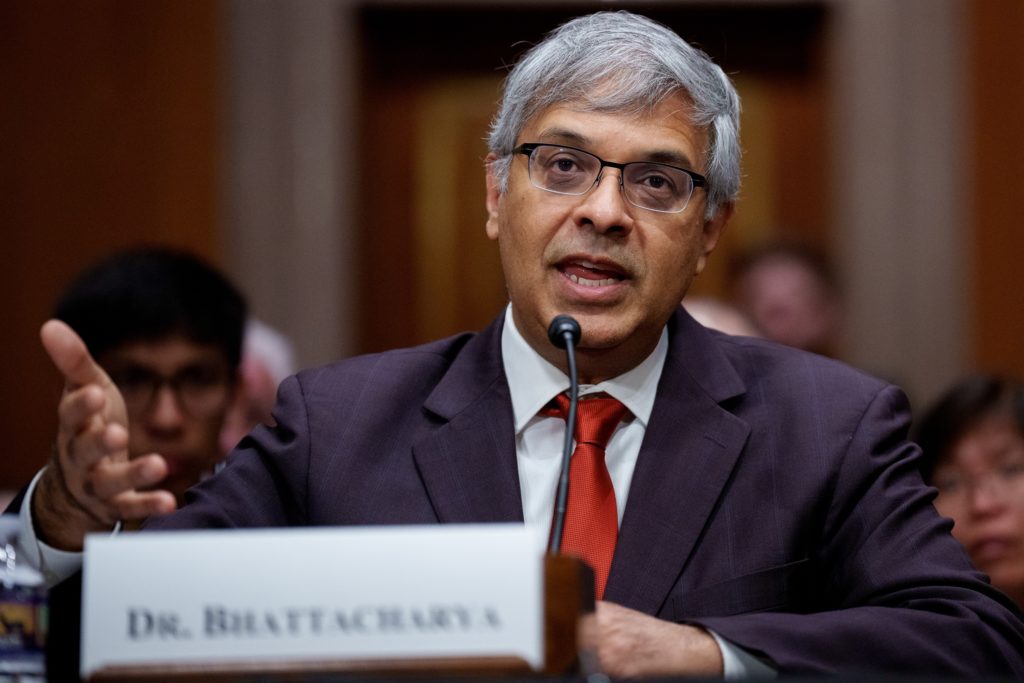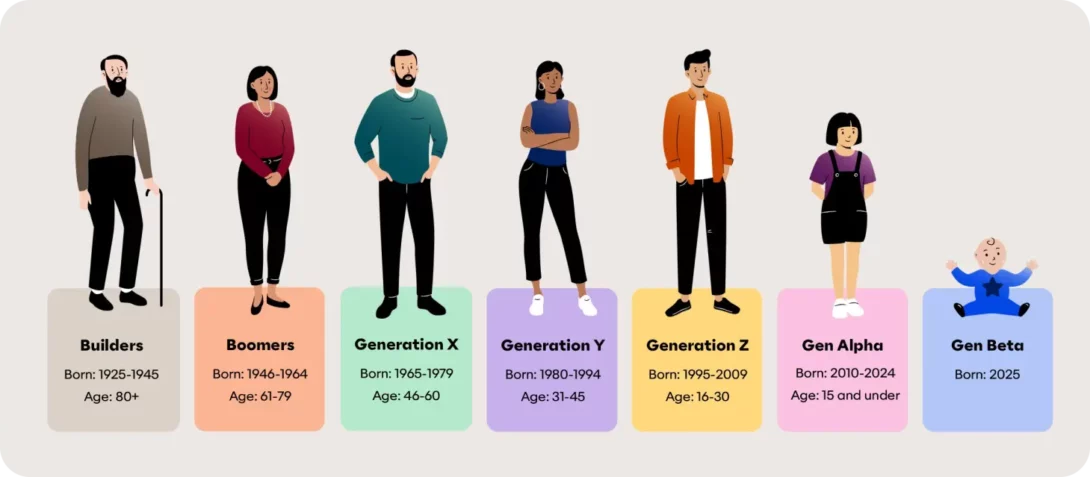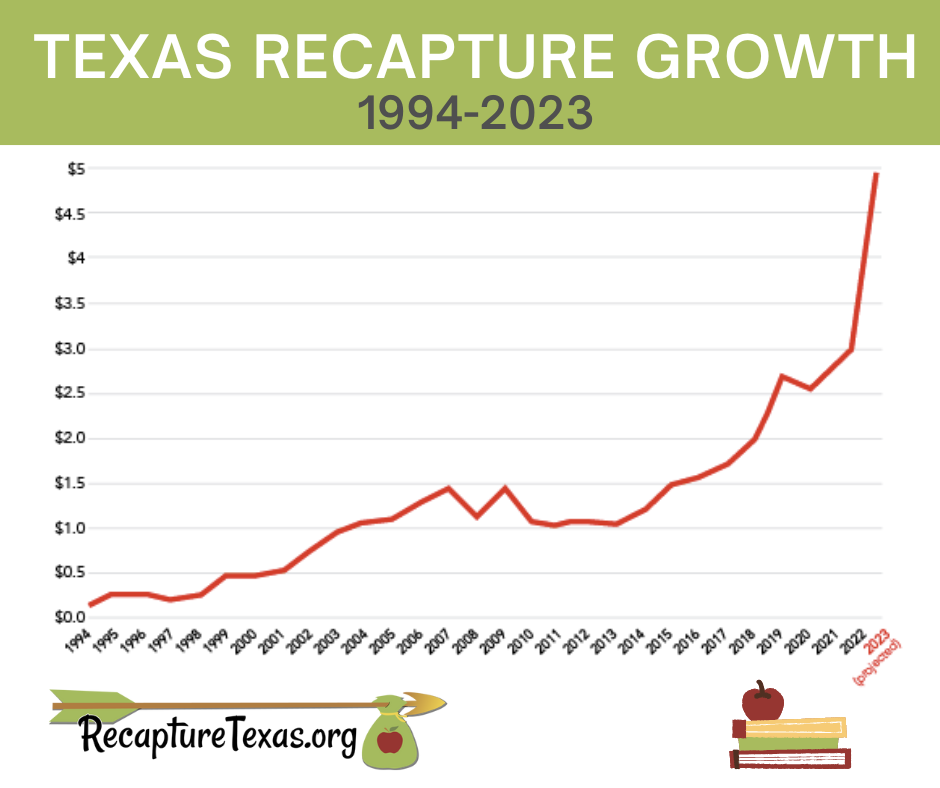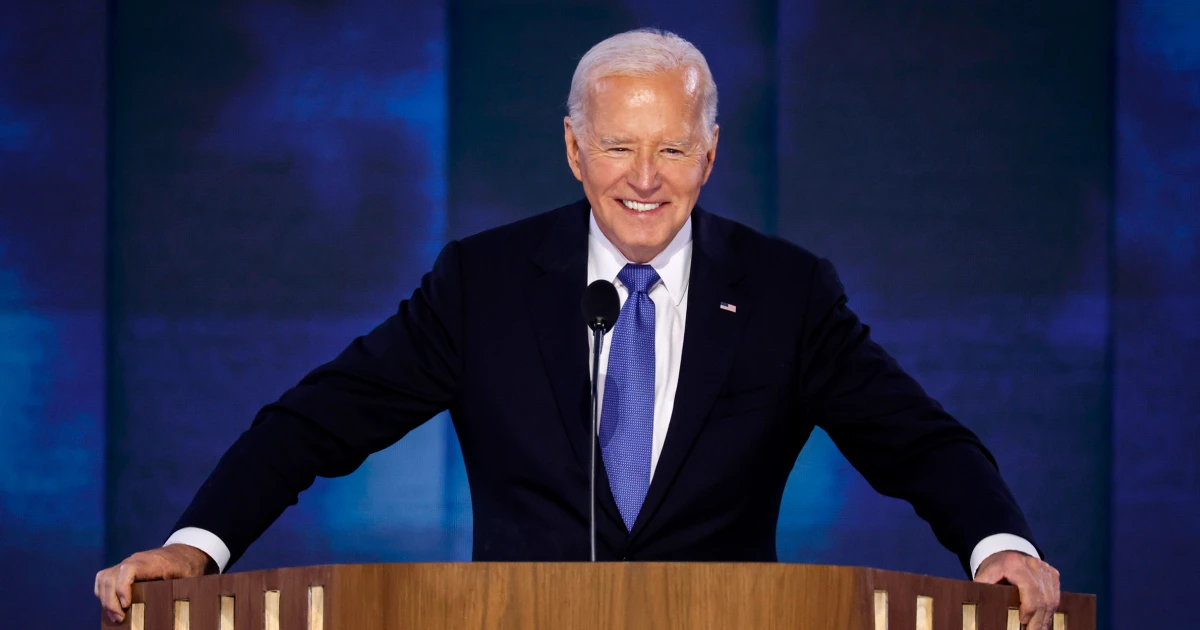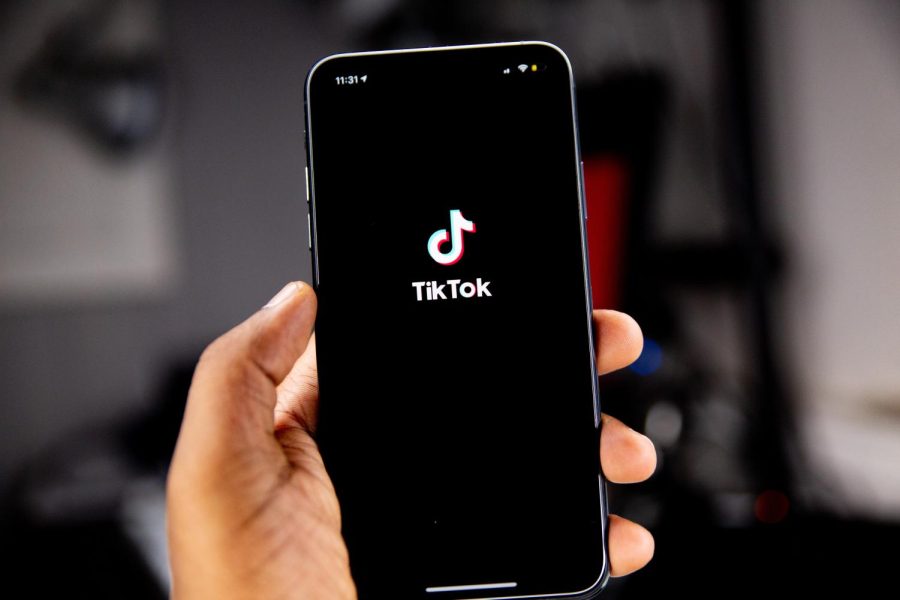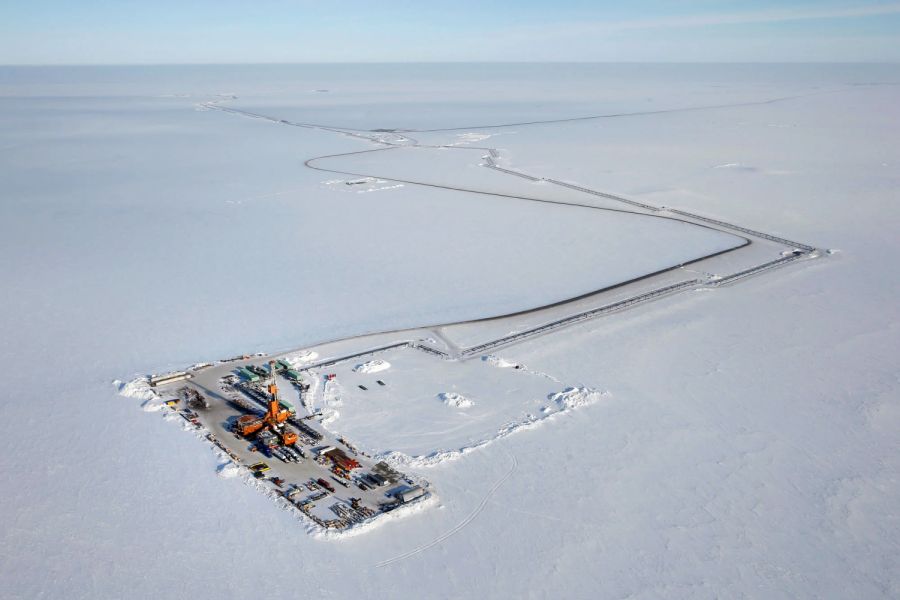Following his inauguration into office Jan. 20, President Donald Trump began work on fulfilling his campaign promise to implement new, restrictive immigration policies. Beginning on his first day in office, Trump’s administration quickly moved to pass legislation, block immigration entry, expand the detention of migrants, and increase deportation while also changing the path to migrating legally.
“First, I will declare a national emergency at our southern border,” Trump said during his inauguration speech. “All illegal entry will immediately be halted, and we will begin the process of returning millions and millions of criminal aliens back to the places from which they came.”
He also reinstated the “Remain in Mexico” policy, which requires asylum seekers to stay in Mexico while officials process their cases. Due to a surge in migrant crossings, he declared a national emergency at the southern border and sent military forces to support enforcement efforts.
“First, DoD will begin augmenting its forces at the southwest border with an additional ~1500 ground personnel, as well as helicopters with associated crews, and intelligence analysts to support increased detection and monitoring efforts,” Acting Secretary of Defense Robert Salesses said in a statement responding to Trump’s Executive Order on securing our border.
The administration then prioritized immigration law enforcement by granting Federal Agencies like the United States Immigration and Customs Enforcement Agency (ICE) wider powers to conduct deportations. ICE officers are now required to fulfill a daily quota of deportations and have no limitations on arrests, even in areas such as schools and churches, with a warrant.
“We know that they need a certain warrant to come in,” Evelyn Gonzalez, a teacher at Roosevelt High School in Chicago, said. “[ICE agents] are not allowed in unless they have that warrant. And even if they have that warrant, we still need to follow protocol, calling CPS [Child Protective Services] legal.”
In Florida, the state government drafted legislation to supplement immigration laws instated by the federal government. Though Florida Governor Ron DeSantis called for the bill on Jan. 29, he suggested that he would veto it because he believed it would weaken illegal immigration enforcement.
“We must have the strongest law in the nation on immigration enforcement. We cannot be weak,” DeSantis wrote on X. “The bill that narrowly passed the Florida legislature last night fails to honor our promises to voters, fails to meet the moment, and would actually weaken state immigration enforcement.”
Passing new legislation is also a significant tool in Trump’s immigration game plan. This includes the U.S. House of Representatives voting to pass the Laken Riley Act, requiring the detainment of undocumented immigrants accused of theft or violent acts. Supporters say the bill enhances public safety, while others believe it might lead to racial profiling and improper detentions of non-violent individuals.
“Thank you, President Trump, for signing the Laken Riley Act,” Secretary of the Department of Homeland Security Kristi Noem said. “This law restores commonsense to our broken immigration system. Under President Trump, violent criminals and vicious gang members will no longer be released into American communities.”
Mexican President Claudia Sheinbaum agreed to send 10,000 troops to the U.S. border in exchange for a one-month delay of the anticipated 25% tariffs. During their phone call on Monday, Sheinbaum also agreed to do more to prevent drug trafficking into the U.S., with Trump agreeing to do more to prevent weapons from moving south into Mexico.
“I just spoke with President Claudia Sheinbaum of Mexico,” Trump wrote on Truth Social. “It was a very friendly conversation wherein she agreed to immediately supply 10,000 Mexican Soldiers on the Border separating Mexico and the United States. These soldiers will be specifically designated to stop the flow of fentanyl and illegal migrants into our Country.”
A more publicly controversial policy is Trump’s push to rescind birthright citizenship for children born to noncitizens. Federal judges quickly blocked the move, noting that it violated constitutional protections. Large-scale deportation operations have included raids on sanctuary cities like Chicago and have been questioned and publicly resisted by advocacy organizations, which said they unnecessarily target unsuspecting communities.
“It’s unfortunate and tragic, because you have a lot of families from other parts of the world that are seeking asylum in freedom and safety and security in this country,” said Sean Lanham, a Trump supporter from El Paso who attended a rally in support of Trump’s immigration policies. “But it’s necessary. It’s something that needs to be done in this country. We can’t take in everybody from the world.”
*Last updated Feb. 8.






